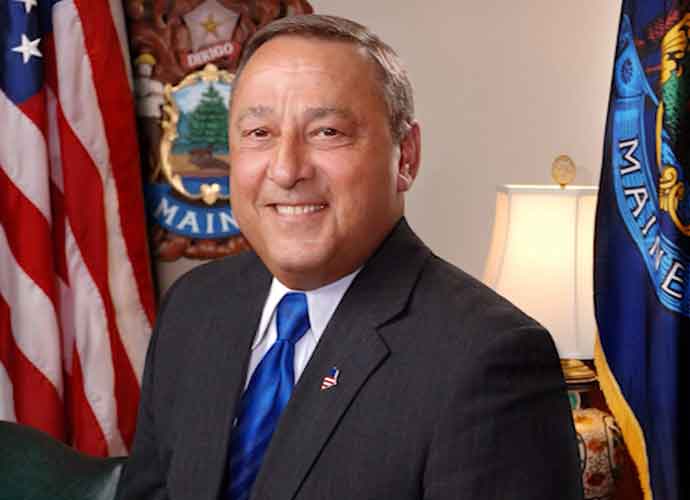What Is Ranked-Choice Voting? Maine Experiments With It, But Gov. Paul LePage Resists
The citizens of Maine, for the second time in the state’s history, instituted a rank-choice voting system for its primary elections last month.
MAINE EXPERIMENTS WITH A RANK-CHOICE VOTING SYSTEM
Ranked-choice voting is a fairly simple process for voters; all you need to do is list the candidates in order of your preference. Should no candidate manage to win a majority of votes, then the one with the fewest is eliminated and all of the votes intended for that candidate will be redistributed based upon their voters’ second choice. The process continues until there’s a winner. Ultimately, the goal of rank-choice voting is to elect a candidate the majority of the population can tolerate. Several cities across the United States have adopted this method already, and it’s also the standard in Australia.
It isn’t a voting method endorsed by everyone, however, with Maine’s Republican Gov. Paul LePage being an outspoken critic of it. Nevertheless, Maine’s citizens have supported ranked-choice voting for two years in a row. A watchful eye is being kept on the state during this election to see how well it works out, though LePage and the Republican party in general aren’t optimistic.
50 Celebrities Who Have Died In 2018 – Tribute Slideshow
Subscribe to our free weekly newsletter!
A week of political news in your in-box.
We find the news you need to know, so you don't have to.
Maine’s current race for governor involve seven Democrats and four Republicans, all of whom are vying for office. Republican businessman Shawn Moody won the Republican primary, allowing him to succeed LePage, who will hit his term limit and therefore cannot seek re-election. Moody is portraying himself as a political outsider akin to LePage and President Donald Trump. Notably, LePage only won 38 percent of the vote in 2010, which increased to 48 percent in the 2014 election.
However, unlike the Republican Party, the Democratic Party did not have a clear winner in its gubernatorial primary. As a result, the ballots will be transported to Augusta, where they’ll be tabulated in order to determine the winner. Although Republicans generally oppose ranked-choice voting, the Democrats have elected to work with it; two Democratic candidates, Mark Eves and Betsy Sweet, even campaigned together.
Get the most-revealing celebrity conversations with the uInterview podcast!








Leave a comment